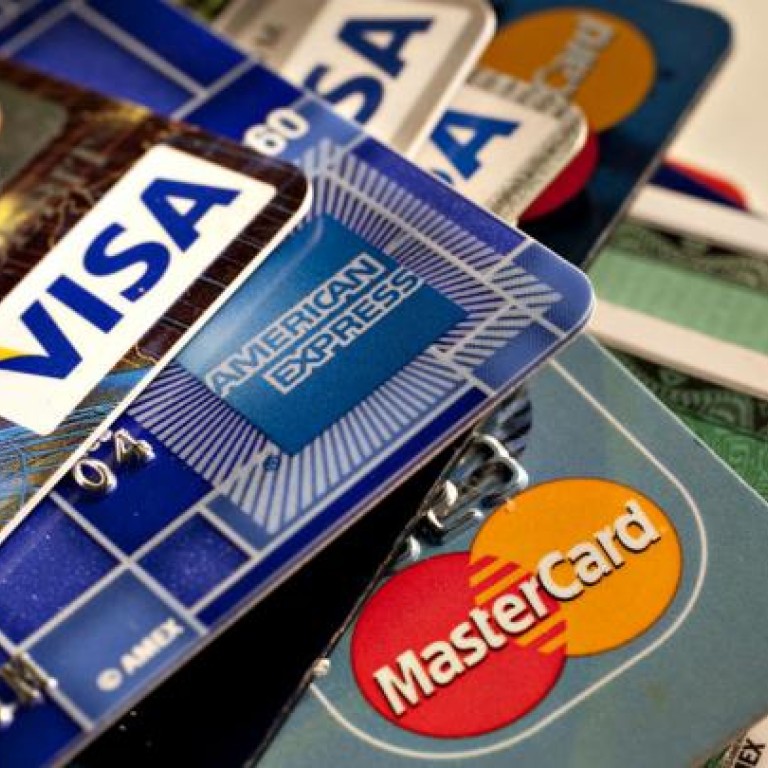
Ask Melanie: How to avoid falling off your own fiscal cliff
Start with an assessment of everything you own and everything you owe. Next, draw up a family budget or spending plan.
Use a spreadsheet or Word document to list all monthly income and expenses. Tax payments, rent or mortgage repayments, utilities, domestic help, food and groceries, school fees, subscriptions and memberships, health and beauty, clothing, travel and insurance are key groupings for most people.
Divide lump-sum expenditures like travel by 12 to come up with a monthly average. Begin with estimates to get you started then confirm actual spending against the last three to six months of bank and credit card statements. This will be a good indicator of fixed expenses. Record ATM withdrawals and decide later whether further dissection is necessary - small expenditures add up quickly.
If you want to live within your means while allowing investments to accumulate, keep separate spreadsheets of income and outflows for each investment.
If, for example, you have an investment property, record rental income and subtract all outflows for the property (for maintenance, tax, and so on). Save any surplus to offset future property costs or add it to investment capital for further accumulation.
Cash shortfalls need to be covered either from other investment income or from your monthly income, so make sure your family budget allows for this.
Once all family outflows are offset against inflows you will have "financial visibility". This will show the extent of your problem. Now you need to take action. That is the hardest part, but some decisions are easily made.
Knowing where your money goes and at what cost to future family security can be hugely empowering. Many people are shocked by how much they unwittingly spend because their focus has been on other things.
They realise they can quickly cut items from which they get no great value, or they cap spending on other items. A review of bank and credit card statements often uncovers auto-payments still in place but no longer needed. Just bringing some mindfulness to spending can help to curb it, especially when you have clear goals.
Gently remind family members that resources are not unlimited. One friend, Rosemarie, says: "After feeling like walking ATMs for endless sundry expenses and pocket money for two resident teens, we gave them bank accounts into which we make a single monthly transfer.
"That fits our budget and they can now budget between school lunches, transport and pocket money. It's working so far, and I no longer end up in the office on Monday morning without enough cash for a taxi to a client meeting."
If your job is under threat, look extra critically at the sustainability of family spending patterns.
You may need to build cash reserves to tide you over while you look for another role. It's far better to put something aside to cover this now than to be faced with drastic family spending cuts if your situation changes.
One of the best ways to do this is to set up an automatic savings payment, even if only for a small amount, so you pay yourself first each month. That will force you to curb discretionary spending.
Leave credit cards at home when you shop, and walk away from temptation. Use online services to make price comparisons, look for discounts, and check online reviews.
Having prepared a budget that averages monthly income and expenditure, go a step further and plot actual income and outgoings on a 12-month spreadsheet.
This will show when lump-sum payments for things like health care cover, insurance, travel and holiday spending crop up. Making early provision gives a greater sense of comfort and control.
I review family budgets with clients, especially the more profligate ones, on a regular basis to ensure accountability and to acknowledge progress.
Often, once you impose a forced-savings plan on yourself, discretionary spending takes care of itself.
I use my credit card company's text message alert system, receiving a message each Friday saying how much I've spent, and another if I reach my self-imposed monthly limit. That keeps me focused.
In this "fiscal cliff" climate, you certainly won't be short of company when you try to balance your family budget.
The views presented are of a general nature. For specific advice, talk to a professional planner. See the column archive at scmp.com/askmelanie

